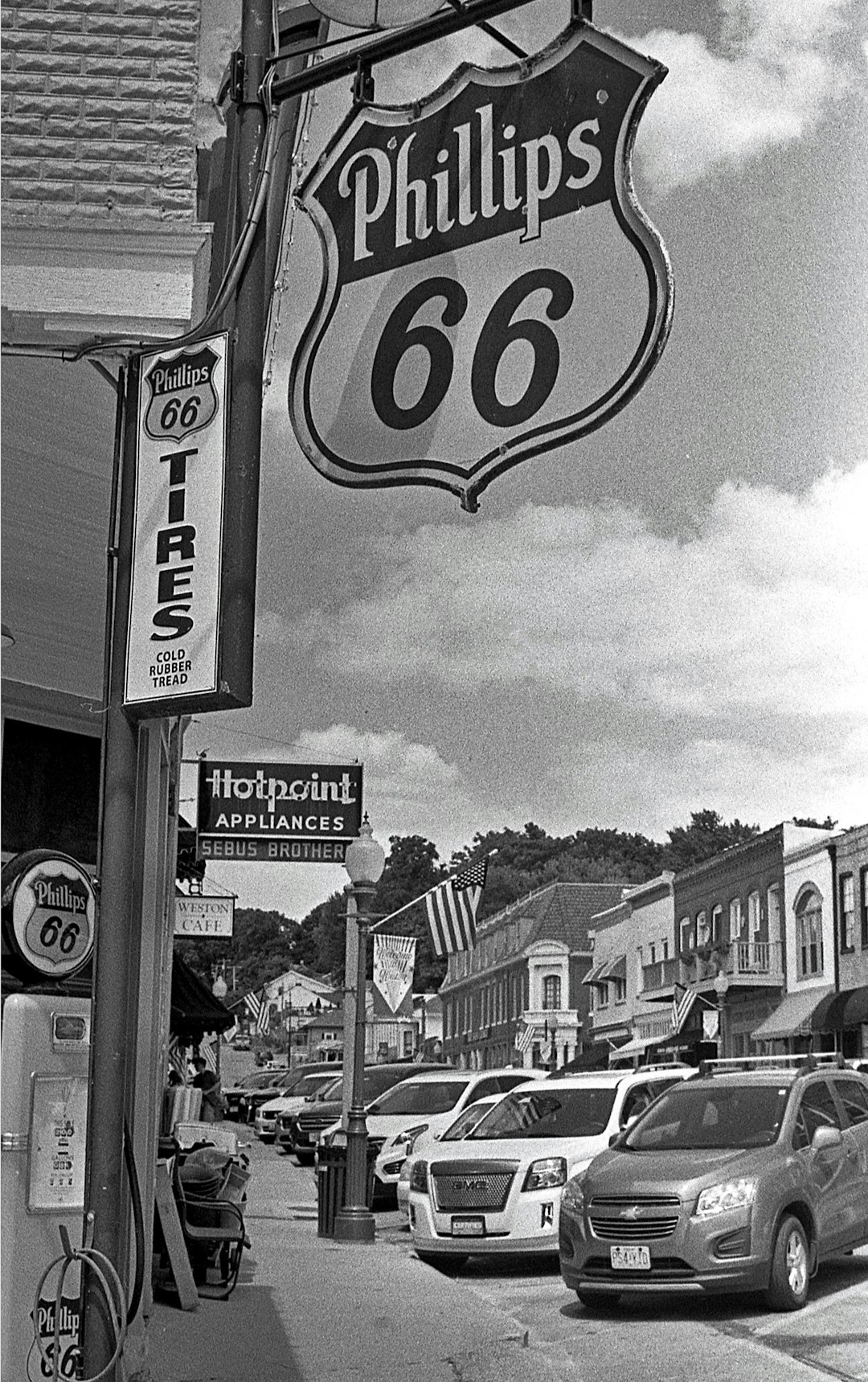Missouri's strict spam call laws protect residents from aggressive telemarketing, especially by law firms. Nonprofits face significant disruptions and financial burdens from these calls, hindering their community service. To combat this, nonprofits can educate staff, implement protocols, partner with telecommunications law specialists, and work with reputable spam call law firms in Missouri for legal guidance, ensuring compliance and operation security.
In Missouri, as in many states, spam calls have become a significant nuisance, especially for nonprofits dedicated to serving communities. This article explores how these relentless calls impact Missouri’s nonprofit sector, delving into the state’s spam call laws and their financial burden on organizations already operating with limited resources. We offer strategies for survival and protection, empowering nonprofits to defend against these unwanted intrusions with legal support from specialized spam call law firms in Missouri.
Understanding Missouri's Spam Call Laws

In Missouri, spam call laws are in place to protect residents from unwanted and deceptive phone calls. These regulations specifically target telemarketing practices, including those conducted by law firms seeking new clients. The state’s laws outline clear guidelines on what constitutes a spam call, with restrictions on call frequency, opt-out options, and required disclosures.
Law firms operating in Missouri must adhere to these spam call law firms Missouri standards to ensure compliance. This includes obtaining explicit consent from potential clients before making marketing calls, providing an easy way to opt out of future communications, and disclosing the purpose of the call. Noncompliance can result in penalties, emphasizing the importance of responsible telemarketing practices for legal businesses operating within the state.
Impact on Nonprofits: Financial Burden

Spam calls, often originating from law firms, have become a significant nuisance in Missouri, and their impact on the nonprofit sector cannot be overlooked. These unwanted phone calls not only disrupt daily operations but also impose substantial financial burdens on organizations already working with limited resources. Nonprofits, many of which rely heavily on donations and volunteers, often find themselves diverting valuable time and energy towards managing these spam calls.
The constant need to monitor and respond to such calls takes away from their primary mission—serving the community. Moreover, law firm spam calls can lead to increased operational costs as nonprofits have to invest in call-blocking technologies or employ additional staff to handle them. This financial strain is particularly challenging for smaller nonprofits that may struggle to allocate resources for these unexpected expenses.
Strategies for Nonprofit Survival and Protection

To combat the nuisance and potential risks posed by spam calls, Missouri’s nonprofit sector can adopt several strategic measures. Nonprofits can begin by educating their staff and volunteers about the red flags associated with these calls, ensuring everyone is vigilant in identifying and reporting suspicious activities. Implementing robust communication protocols, including using verified contact lists and double-opt-in systems for new contacts, can significantly reduce the chances of receiving spam calls.
Additionally, partnerships with reputable law firms specializing in telecommunications law can provide valuable support. These firms can offer guidance on navigating the state’s spam call laws, helping nonprofits understand their rights and the legal avenues to take if they become victims of unwanted calls. Regular training sessions and workshops can empower nonprofit organizations to stay ahead of evolving spamming techniques, ensuring their operations remain secure and protected within the regulatory framework.






